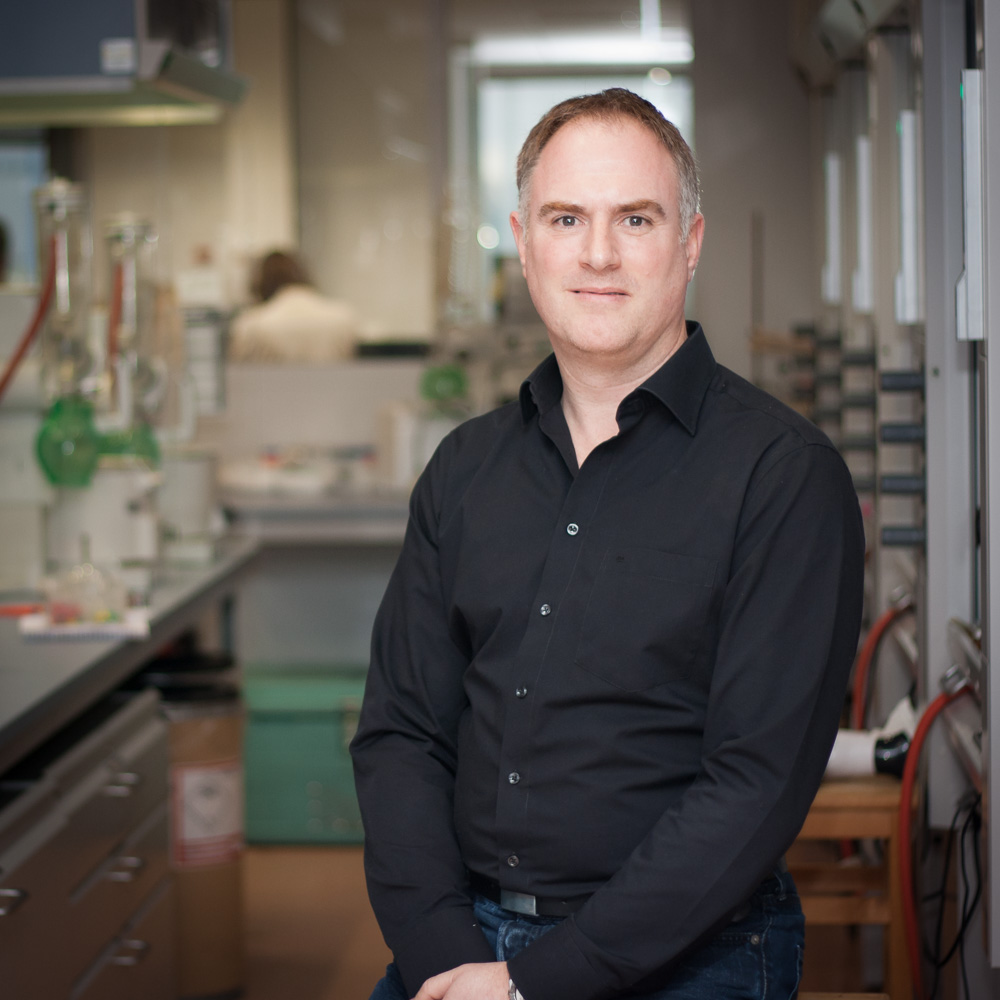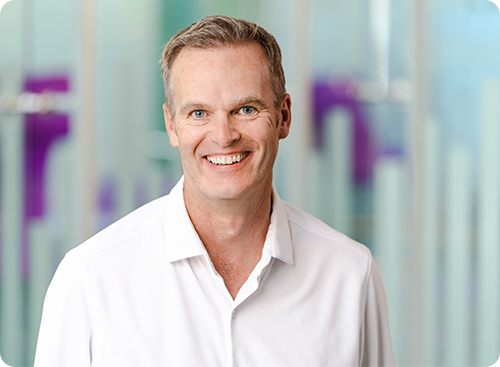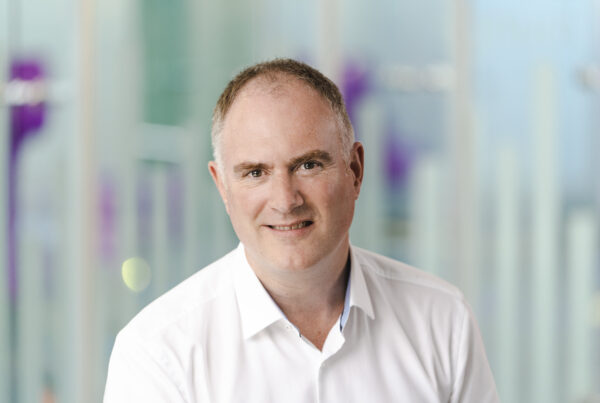RemedyBio today announced that Mr. Ashley Nagle has joined the company as Vice President, Business Development. Mr. Nagle is a seasoned biopharma executive and has spent his career on the business side of science. He has worked with small and large companies, identifying and closing product and technology deals, managing contracts and alliances, and creating and growing new businesses. Prior to Remedy, he was part of the executive team at Domain Therapeutics focusing on licensing and alliances with Pharma and biotech companies, and creating asset centric companies around early stage projects.
“Ashley brings decades of experience in building partnerships to leverage advanced new technologies and therapeutics, including leading the commercialisation of highly impactful immunotherapeutics”, said Dan Crowley, CEO of RemedyBio. “RemedyBio’s platform technology is creating new, advanced immunotherapies in cancer and infectious disease among others, and now is a perfect time for us to build great alliances so that these therapies can best help patients. I am delighted to welcome Ashley to the RemedyBio team.”
Mr. Nagle said “RemedyBio’s technology allows us to map immune-disease interactions at a scale and depth previously unimagined. This is a company which is creating therapeutics which can change how major diseases are treated, and I’m excited to lead our efforts in realising that potential through great partnerships”
Mr. Nagle holds a BSc in Chemistry from University College Cork, an MSc in Analytical Chemistry and Environmental Sciences from the University of Aberdeen and an MBA from the University of Lincoln.
About RemedyBio
RemedyBio is a Dublin, Ireland based biotech which is pioneering the discovery and assembly of functional precision immunotherapies for cancer, immune disorders, and infectious diseases. RemedyBio’s NanoReactor technology analyses up to a billion single cells in a matter of hours, creating the opportunity to discover the most effective, safe immunotherapies the world has seen to date, and enabling the creation of new classes of personalised, heterogeneous therapies that target every part of a complex disease like cancer.



